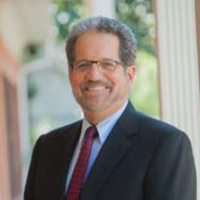Quincy White Collar Crime Lawyer, Florida
Sponsored Law Firm
-
 x
x

Click For More Info:
-
Law Offices of Christopher J. Karpinski
2910 Kerry Forest Pkwy D4-112 Tallahassee, FL 32309» view mapCriminal Defense, DWI/DUI, Misdemeanor Over 20 Years Of Experience
Christopher puts the in the effort you need to have your legal issues solved. Christopher's experience in the field is what your looking for from your Defense Lawyer.
800-824-3731
Not enough matches for Quincy White Collar Crime lawyer.
Below are all Quincy Criminal lawyers.
Adrian Middleton
✓ VERIFIEDAdrian S. Middleton is an Associate in Middleton & Middleton’s Insurance and Administrative Law Divisions, where he focuses his practice on workers�... (more)
Dean Robert LeBoeuf
✓ VERIFIEDDean R. LeBoeuf is the managing partner at Brooks, LeBoeuf, Foster, Gwartney, Leace & Hobbs, P.A. He focuses his practice on complicated civil litigat... (more)
Kathryn A. Hathaway
Robert Alexander Morris
FREE CONSULTATION
CONTACT
 Christopher Karpinski Leon County
Christopher Karpinski Leon County AboutFlorida Lawyer
AboutFlorida Lawyer ServicesCriminal Defense
ServicesCriminal Defense


